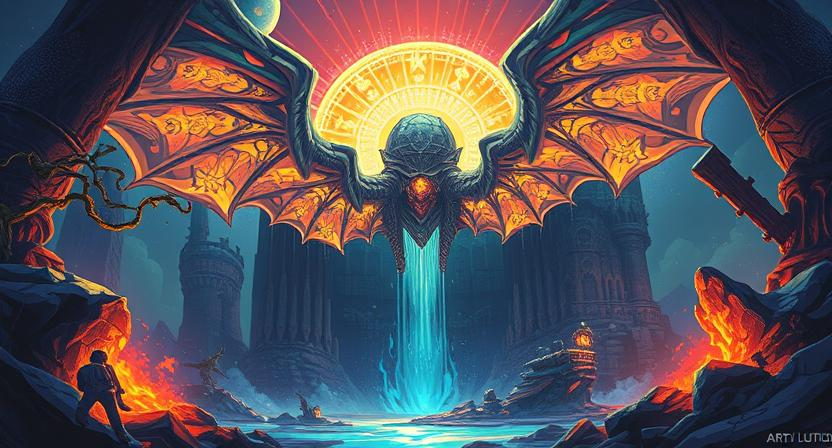Mythology has always been a rich source of inspiration for game designers. From Norse gods to Japanese yokai, ancient myths shape game worlds, characters, and narratives in ways that make them feel timeless and epic.
Games like God of War reimagine Norse mythology through a personal, grounded lens. Kratos doesn’t just fight gods—he raises a son amid prophecy and legend. The world is steeped in authentic mythological detail, from creatures to geography to the themes of fate and vengeance.
In Hades, Greek mythology is given a fresh twist. Instead of traditional reverence, the gods are portrayed with humor and humanity. The underworld isn’t just dark—it’s bureaucratic, dysfunctional, and alive. The game plays with player expectations of myth and legend, making the familiar feel new.
Okami dives into Shinto folklore, allowing players to embody a sun goddess in wolf form. Japanese gods, symbols, and brushwork are integrated into the mechanics, making the myth not just decoration, but gameplay.
Using mythology in games offers a shortcut to emotional resonance. Players recognize themes of transformation, betrayal, war, and love because they’re embedded in centuries of storytelling.
But there’s responsibility too. Misrepresenting cultural myths or oversimplifying sacred stories can be harmful. The best games approach mythology with respect and creativity, weaving ancient stories into new experiences without erasing their roots.
When done right, mythology becomes more than aesthetic—it becomes the soul of the game.

Leave a Reply